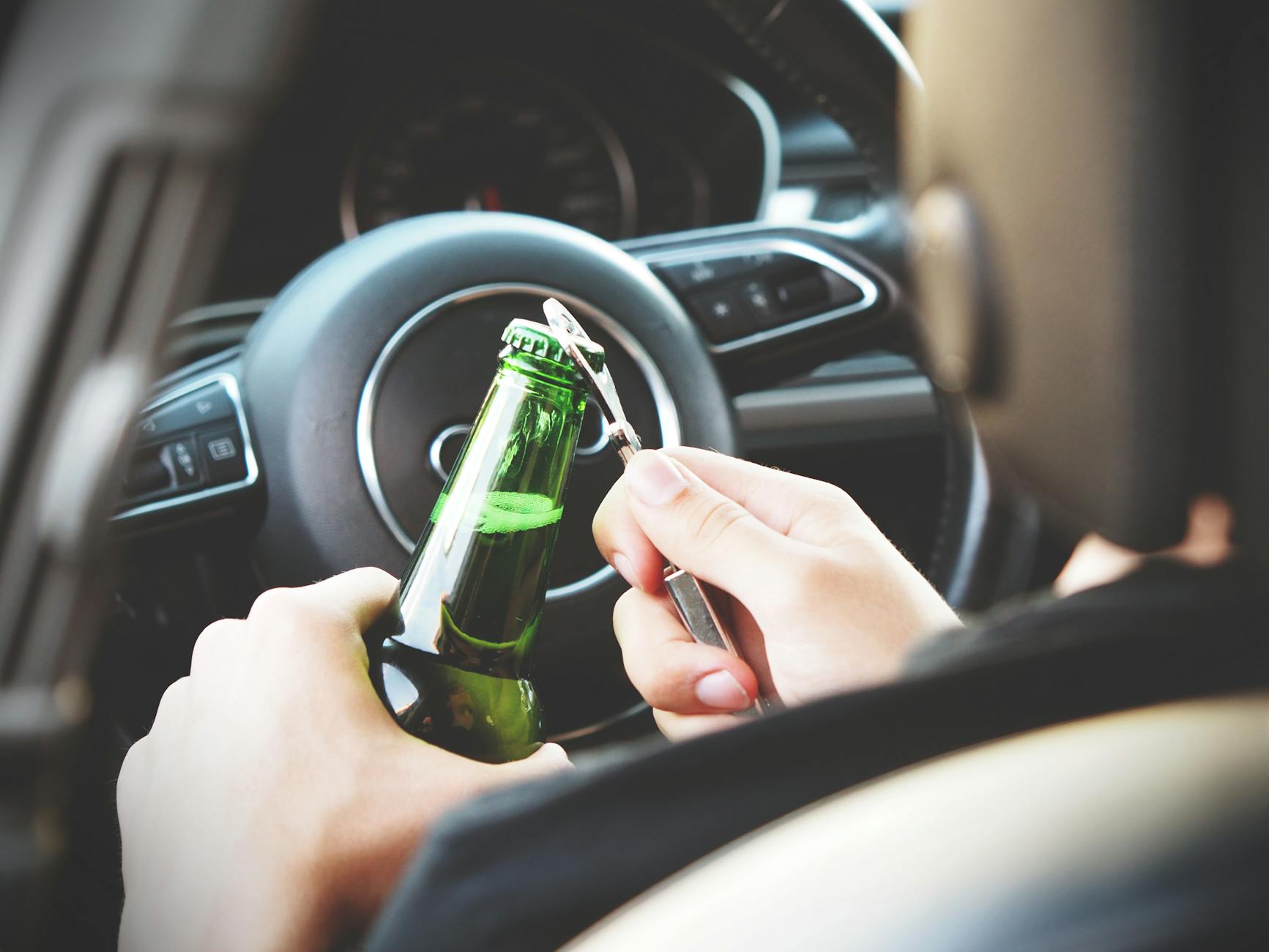Uncover the surprising factors that influence how quickly and intensely you feel the effects of your favorite brew.
Table of Contents
Have you ever wondered how many beers it takes to get drunk? The answer to this question can vary significantly from person to person. While some individuals may feel the effects of alcohol after just a few drinks, others may be able to consume a larger quantity before feeling intoxicated. In this blog post, we will delve deep into the science behind alcohol intoxication, exploring the factors that influence how many beers it takes to reach that buzzed state.
Factors Influencing Alcohol Intoxication
alcohol metabolism plays a crucial role in determining how quickly and how intensely you feel the effects of alcohol. When you consume a beer, the alcohol it contains is rapidly absorbed into your bloodstream. Your liver then works to break down and metabolize the alcohol, converting it into less harmful substances. The rate at which your body metabolizes alcohol can vary based on factors such as genetics, age, and liver health.
Individual differences in alcohol tolerance also play a significant role in how many beers it takes to get drunk. Some people have a genetically higher tolerance to alcohol, meaning they can consume more before feeling intoxicated. Factors such as body weight, gender, and metabolism rates can also impact how alcohol affects you. Generally, individuals with a higher body weight and higher metabolism rates may be able to consume more alcohol before feeling the effects.
Additionally, whether you drink on an empty stomach or a full stomach can influence your alcohol tolerance. When you consume alcohol on an empty stomach, the alcohol is absorbed more quickly into your bloodstream, leading to a faster onset of intoxication. In contrast, having food in your stomach can slow down the absorption of alcohol and lessen its effects.
Calculating Your Alcohol Tolerance
Understanding blood alcohol concentration (BAC) is essential for estimating how many beers it takes to get drunk. BAC is a measure of the amount of alcohol in your bloodstream as a percentage. Different BAC levels correspond to varying degrees of intoxication, with higher BAC levels indicating a greater level of impairment.
You can use tools such as BAC calculators to estimate how many beers it takes for you to reach a specific BAC level. These calculators take into account factors such as your weight, gender, the amount of alcohol consumed, and the duration of drinking. Keep in mind that these calculations are estimations and may not be entirely accurate for every individual.
When determining your alcohol tolerance, it is crucial to consider your personal limits and how alcohol affects you. Pay attention to how you feel after consuming alcohol and be mindful of your behavior and coordination. It is always better to err on the side of caution and drink responsibly.
Conclusion
Understanding how many beers it takes to get drunk is not a one-size-fits-all answer. The factors influencing alcohol intoxication are complex and vary from person to person. By considering alcohol metabolism, individual tolerance levels, and other influencing factors, you can gain insight into your own alcohol tolerance.
Remember that responsible drinking is key to enjoying alcohol safely. Knowing your limits and being aware of how alcohol affects you can help you make informed decisions about your alcohol consumption. Whether it takes one beer or several to get you drunk, always prioritize your well-being and the well-being of those around you.
Frequently Asked Questions
How can genetics impact my alcohol tolerance?
Genetics can influence how efficiently your body metabolizes alcohol, affecting your alcohol tolerance. Certain genetic variations can lead to faster or slower alcohol metabolism, impacting how quickly you feel the effects of alcohol.
Does drinking water between beers help reduce intoxication?
Drinking water between alcoholic beverages can help hydrate your body and slow down alcohol absorption. However, it does not lower your BAC or prevent intoxication. Drinking in moderation and being mindful of your alcohol consumption are more effective ways to stay safe.
Are there any reliable ways to increase alcohol tolerance?
Building up alcohol tolerance is not recommended as it can lead to health risks and alcohol dependence. It’s essential to be aware of your limits and consume alcohol responsibly. Developing healthy habits, such as eating before drinking and pacing yourself, can help manage your alcohol intake.
How long does it take for your body to metabolize alcohol?
On average, the human body metabolizes alcohol at a rate of about one standard drink per hour. However, various factors, such as age, weight, and liver health, can influence alcohol metabolism. It’s crucial to give your body enough time to metabolize alcohol to avoid intoxication and its effects.
Generated by Texta.ai Blog Automation


Leave a Reply